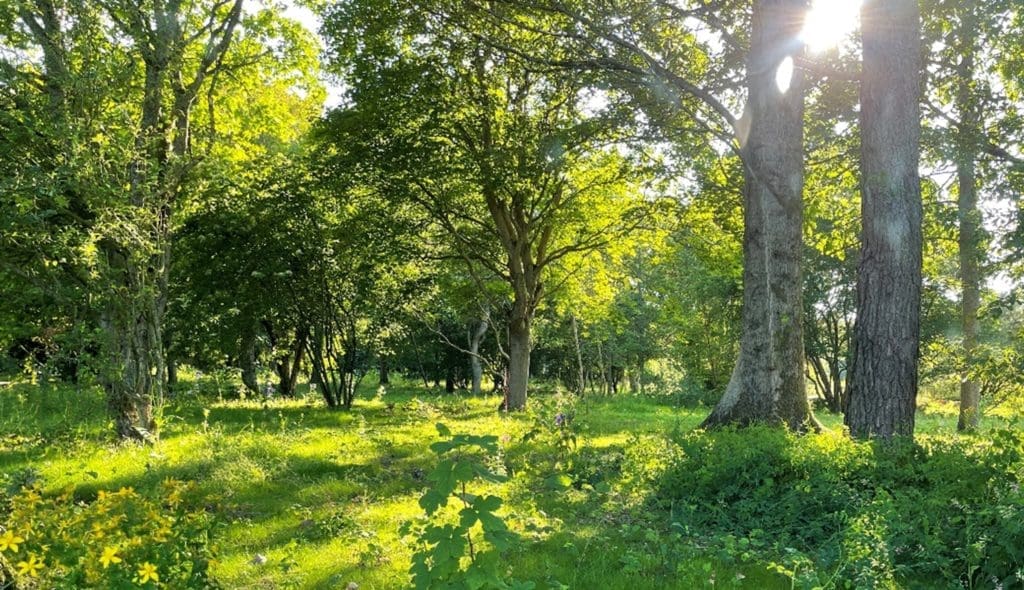Conservation Evidence Blog
There be dragons… in the Conservation Evidence database
In celebration of the Lunar New Year, we’ve collated eight potential conservation actions for dragons, with some evidence for their effects from the Conservation Evidence database.
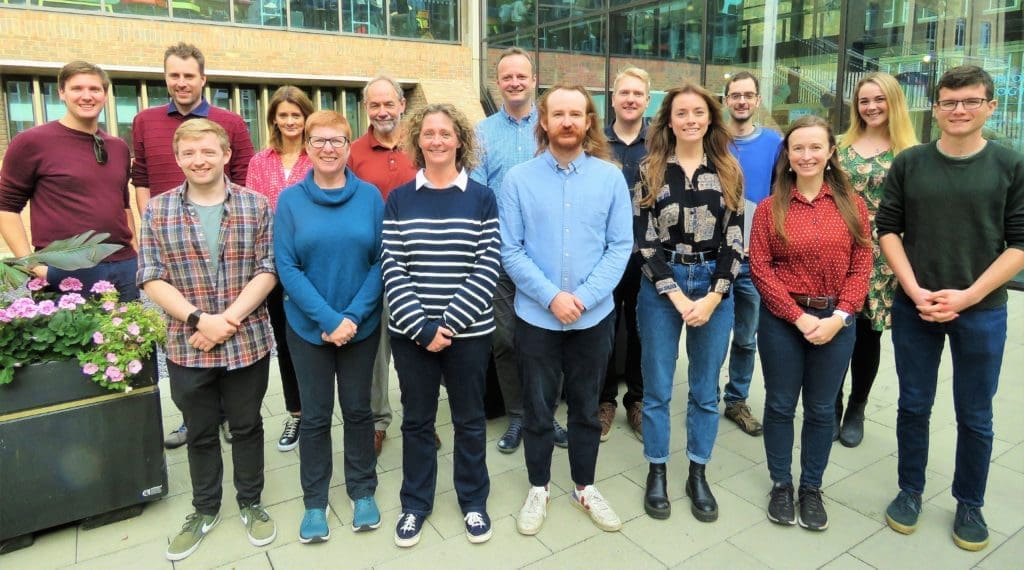
Meet the Conservation Evidence Team
Part 2 of a series of blog posts to help you get to know the Conservation Evidence team a little better!
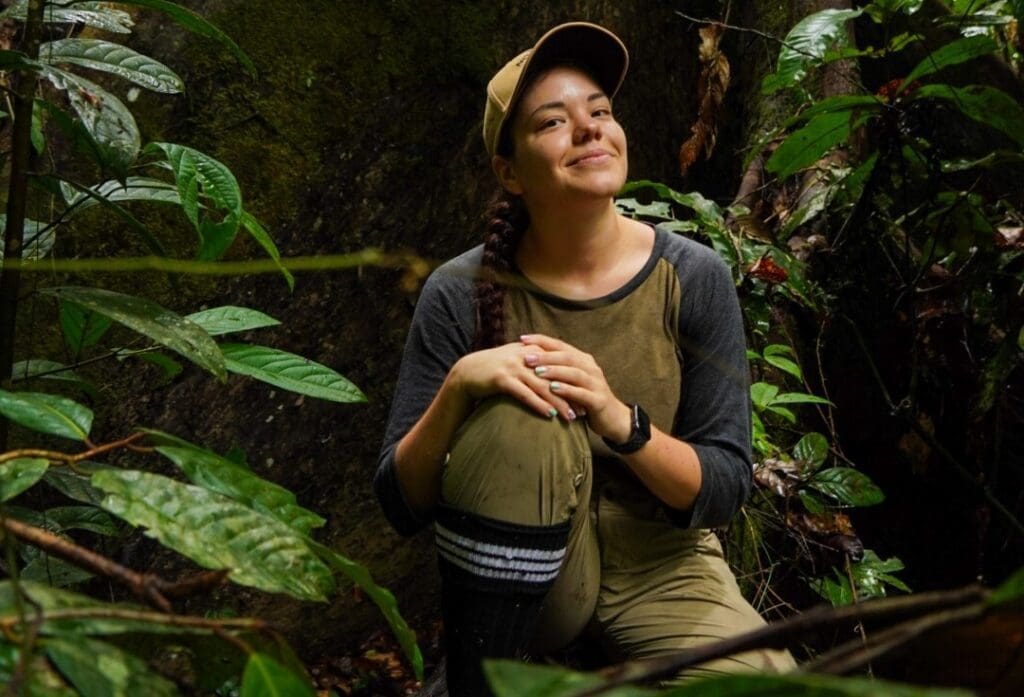
How we can improve biodiversity while planting trees to benefit climate
Nadine Keller explains how her recent study in Borneo contributes to the evidence base around active forest restoration.
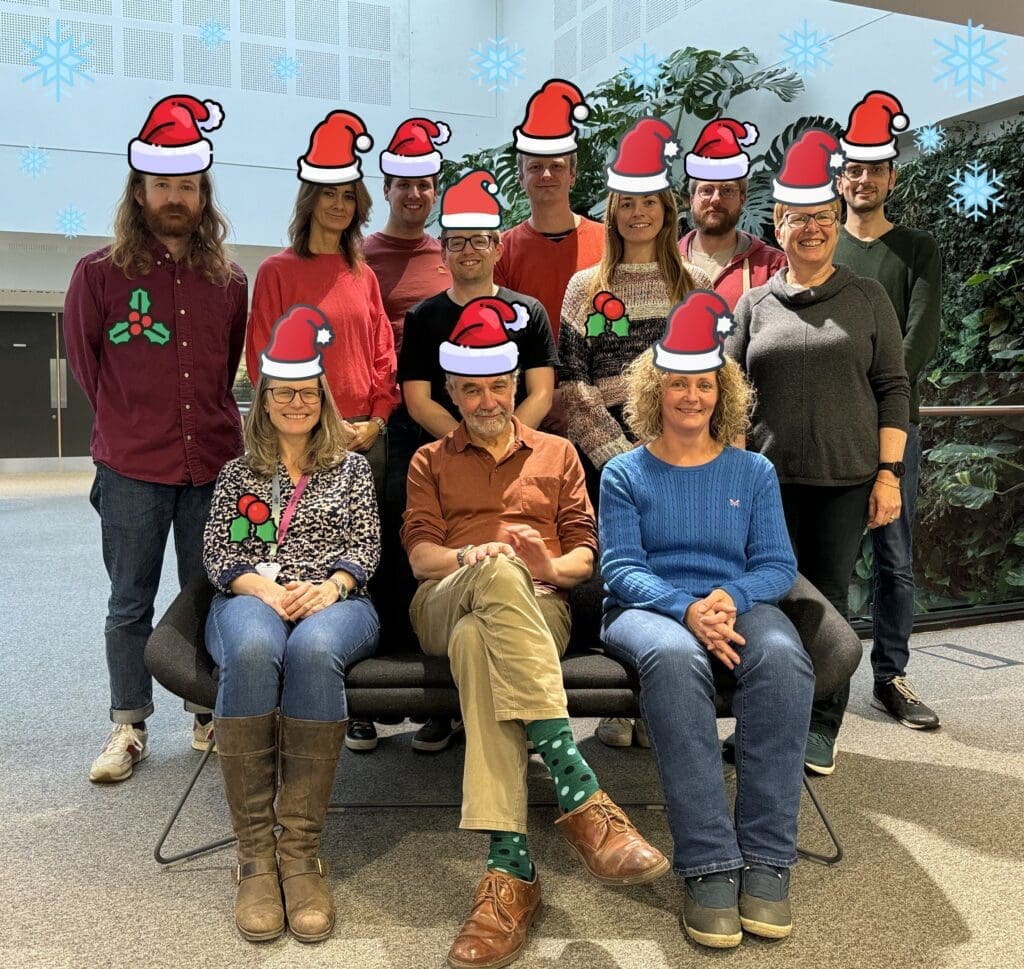
“And the winner is…” Looking back on a year (or thereabouts) of Conservation Evidence achievements
We’re really grateful for the continued support from all of our collaborators, including our Evidence Champions. These awards wouldn’t have been possible without your input. We look forward to working together next year. Wishing you all a happy (& evidence-based) 2024!

Meet the Conservation Evidence Team
Part 1 of a series of blog posts to help you get to know the Conservation Evidence team a little better!
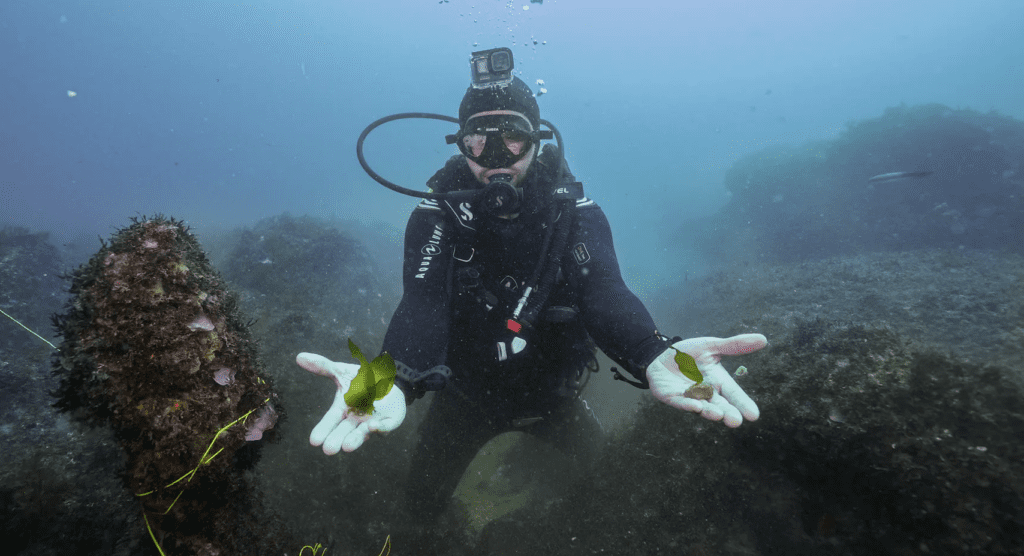
Evidence-based conservation with Mossy Earth: encouraging lessons and challenges
Tiago de Zoeten explains how Mossy Earth are integrating evidence into their conservation projects, and some of the lessons they’ve learned and challenges they’ve faced in doing so.

Conservation guidance to help European seabirds in a time of climate change
Henry Häkkinen gives an overview of new evidence-based guidance for seabird conservation in the face of climate change.
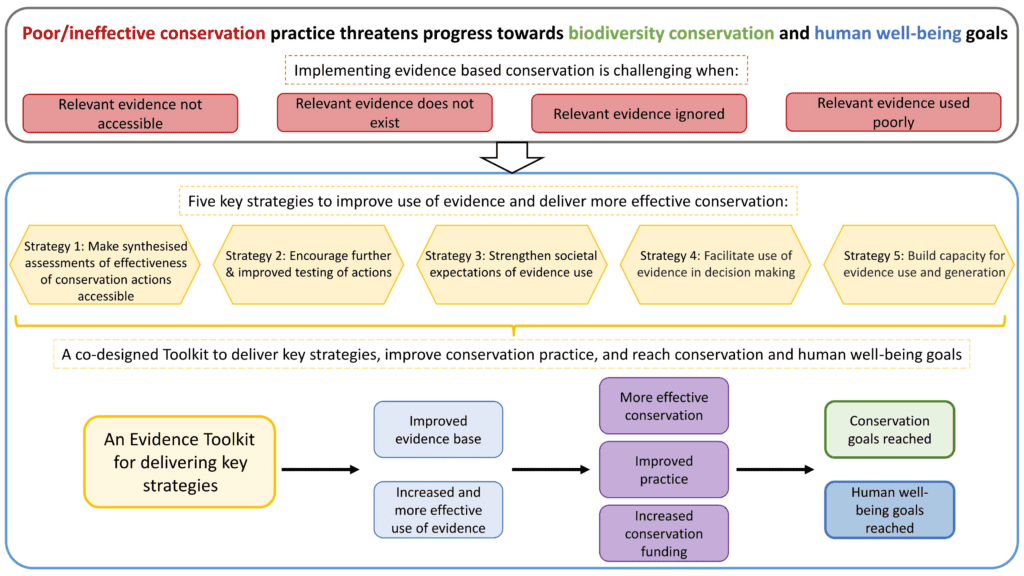
The Evidence Toolkit: supporting evidence-based decision making in conservation
Rebecca Smith and William Morgan outline The Evidence Toolkit co-developed by Conservation Evidence over the past two decades.


